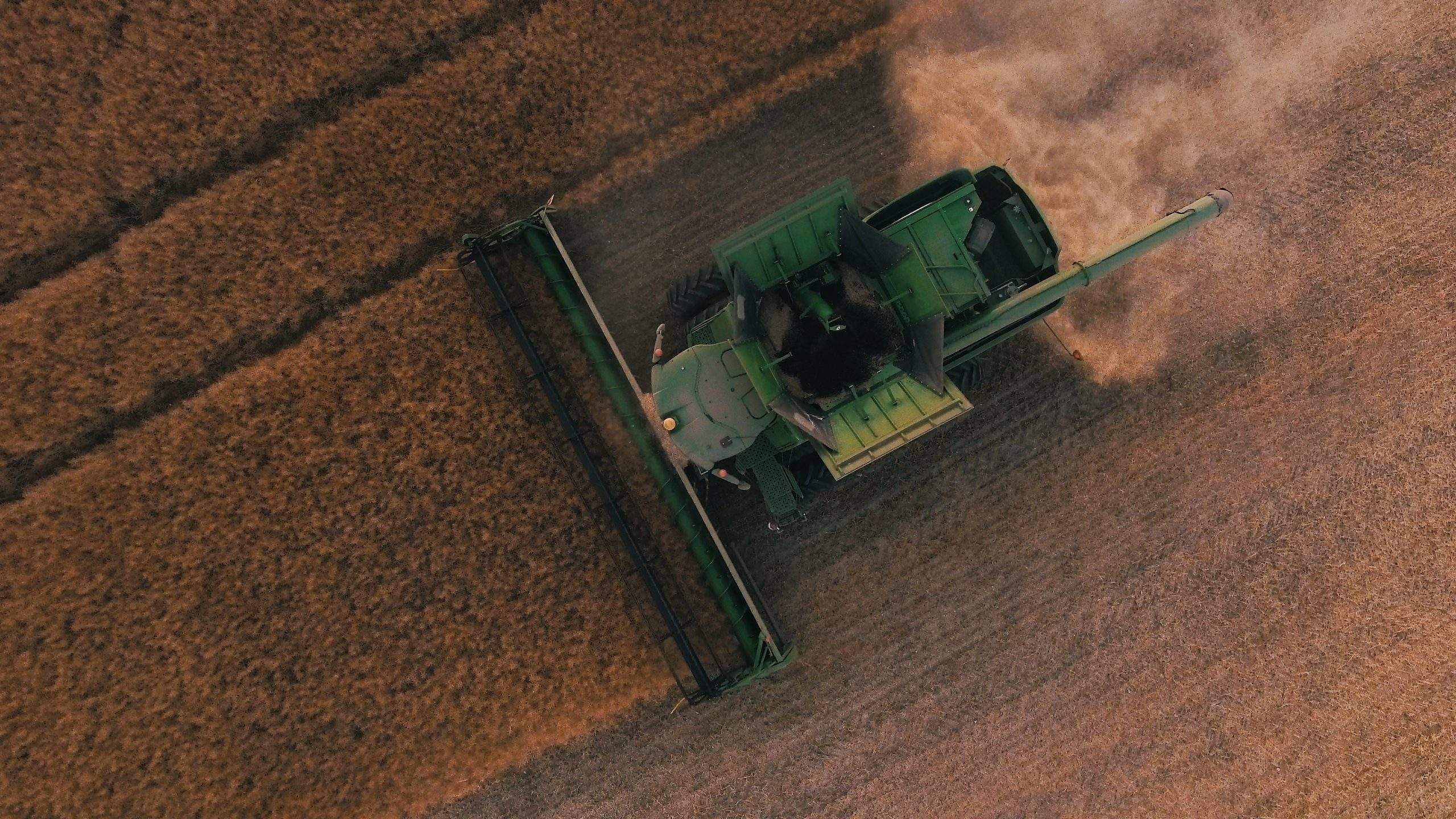The agricultural sector has become steadily more dependent on data and information technology over the last few decades. Now, many French companies are looking to blockchain technologies – the complex data systems behind Bitcoin and other cryptocurrencies – to deliver the kind of transparent, traceable, and utterly reliable data that today’s farmers and agribusinesses need to really thrive.
What is blockchain, and how does it relate to agriculture?
“Blockchain technology lets anyone distribute information securely without a centralized server”
The revolutionary part is that each piece of information is encrypted and tagged with both its point of origin and with every system it has passed through since being generated. That makes it both transparent and all but impossible to fake.
How can blockchain technology support my agrifood business?
“Use of blockchain technologies can allow producers and consumers to view the entire history of a food or agricultural product from farm to plate, and at every stage in between.”
As more and more pressure is put on the agricultural industry to improve both productivity and sustainability, the potential of blockchain technology to yield more reliable data at every stage of the process has a great deal of potential.
France’s agrifood sector grasped early on the major disruption blockchain could bring into the game, and saw many innovations arise from this new technology.
“A new project from Europe des Pains, a subsidiary of the Fromentiers de France group, will enable complete end-to-end tracking of a product’s supply chain, regardless of its complexity.”
By using Crystalchain’s new cloud-based platform for recording and sharing product information, Europe des Pains gives consumers a huge amount of data their organic bread products. End users will be able to scan a package’s QR code with their phone to instantly be given data on the region and variety of the wheat used, the manner in which the flour was ground, the way the soil was worked and full certification that no phytosanitary products were used in the bread’s manufacture.
“Tilkal’s blockchain solution allows their customers to reconstruct the entire lifecycle of a manufactured product or piece of equipment.”
Their Tech Ethic project is intended to allow companies to assure their customers that not only are the company’s own practices completely ethical, sustainable and trustworthy, but that the same can be said for every organisation in their complex supply chain, back to when their baser materials were first mined, grown or synthesised.
Les Maîtres Laitiers du Cotentin is using blockchain technology to improve the traceability of its products.
Les Maitres de Cotentin export milk briquettes to China, where there are grave concerns over the purity of children’s food products. Chinese consumers will use a front-end similar to Tilkal’s, where they scan a QR code to see where the milk was produced, the date of its collection and all of the stages of its production until it arrived on the store’s shelves. This extreme transparency adds tremendous value to their product, at little added cost.
Carrefour and Nestlé have launched a very similar platform for Mousline purée.
A QR code on the package will allow consumers to follow the product from the farms to Nestlé’s factory and to the Carrefour stores. They can track that particular batch’s potato production, its quality control ratings, and even the time it spent in storage. All of this is encrypted and verified with blockchain technology.
These are just a few of the ways France is poised to secure its position as a major source of high-end agricultural products using the blockchain and several other novel technologies. We hope to share more of them with you in later articles.
